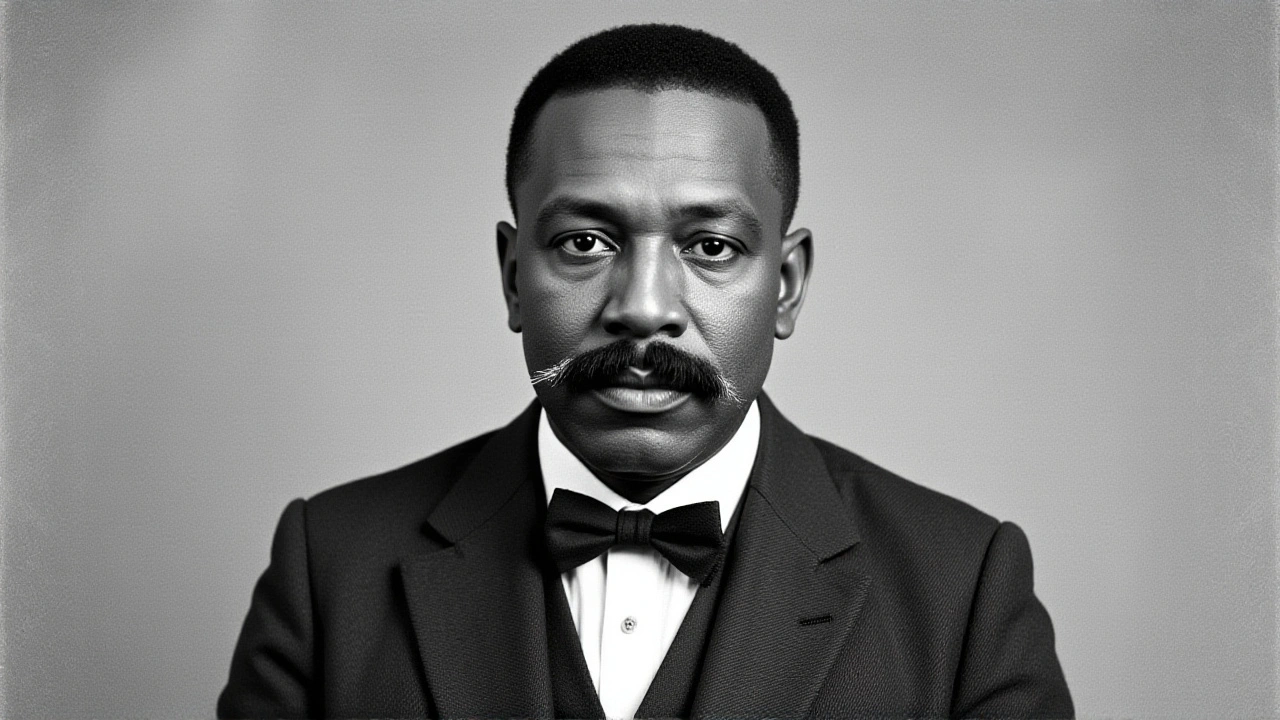Presidential Pardon: How Executives Rewrite Justice
When working with Presidential Pardon, the authority given to a head of state to forgive a convicted person and restore their civil rights. Also known as executive clemency, it can overturn courts and erase penalties, the move sits inside a bigger legal toolbox.
It falls under the broader concept of Clemency, the power to lessen or eliminate punishment and is exercised through the president's Executive Power, the constitutional right to act without legislative approval in certain matters. Together they create a channel where politics, law, and mercy intersect.
Key aspects of presidential pardons
First, a pardon can be full or conditional. A full pardon wipes the conviction clean, while a conditional pardon lets the individual stay free only if they meet specific requirements, like community service or a rehabilitation plan. This distinction matters because it shapes how society perceives fairness and how the justice system tracks the outcome.
Second, there is Commutation, a reduction of a sentence without erasing the guilty verdict. A commutation shortens prison time or changes a death sentence to life imprisonment, but the criminal record remains. The difference between pardon and commutation often sparks debate about whether the president is correcting an unfair sentence or simply adjusting the punishment.
Third, Amnesty, a mass forgiveness usually tied to political transitions can influence individual pardons. When a country undergoes a regime change, leaders may issue an amnesty to promote reconciliation, and later use presidential pardons to address high‑profile cases left over from the previous era. In Kenya, for example, past presidents have granted pardons to politically connected figures after elections, shaping the next power balance.
Understanding the legal basis is essential. Most constitutions spell out the scope of the pardon power, often in a single article that says the head of state may grant clemency “in the interest of justice.” Courts usually stay out of the decision unless there is a clear abuse of power, because the pardon is considered a political act, not a judicial one. This separation is a classic example of the presidential pardon acting as a check on the judiciary.
Fourth, the process varies by country. In some places, the president signs a brief decree after reviewing a recommendation from a parole board or a justice minister. In South Africa, the President must act on advice from the Minister of Justice, and the decision is recorded in the government gazette. In Nigeria, the president consults the Council of State before issuing a pardon, especially in high‑profile corruption cases.
Transparency is another hot topic. Critics argue that without a clear set of guidelines, pardons can become tools for political reward. Supporters claim they provide a humane exit for prisoners who have shown remorse or for cases where the law was applied incorrectly. Recent scandals in several African nations have sparked calls for tighter oversight, showing how the pardon power sits at the crossroads of law and politics.
Fifth, the impact on the individual and society is mixed. A pardon can restore voting rights, allow travel, and open up employment opportunities that were blocked by a criminal record. On the other hand, it can also create tension if the public feels justice was bypassed. Communities often react differently depending on the profile of the pardoned person and the perceived fairness of the original trial.
Finally, the role of media and public opinion cannot be ignored. Press coverage can sway a president’s decision, especially when a case draws international attention. Social media amplifies voices on both sides, turning a single pardon into a national conversation about the rule of law.
All these pieces—clemency, amnesty, executive power, commutation, and constitutional limits—form a web that defines what a presidential pardon can do. By mapping how each element interacts, citizens get a clearer picture of why a single signature can change a life, shift political alliances, and even reshape a nation’s legal landscape.
Ready to see how these ideas play out in real headlines? Below you’ll find a curated set of stories that illustrate the many faces of presidential pardons across Africa and beyond. Dive in to see the politics, the controversy, and the human stories behind each decision.

Tinubu Grants Presidential Pardon to 175 Nigerians, Including Macaulay, Vatsa, Lawan
President Bola Tinubu pardons 175 Nigerians, including historic figures Herbert Macaulay and Mamman Vatsa, citing mercy and rehabilitation. The move impacts inmates, families, and justice reform.